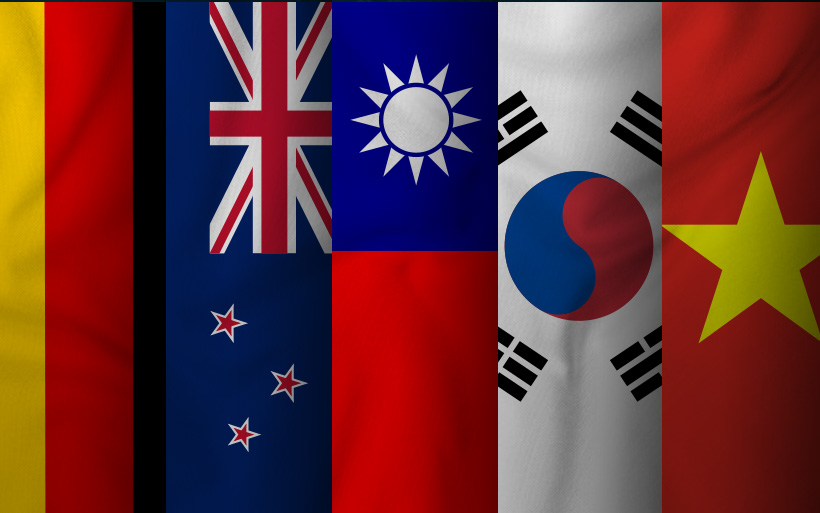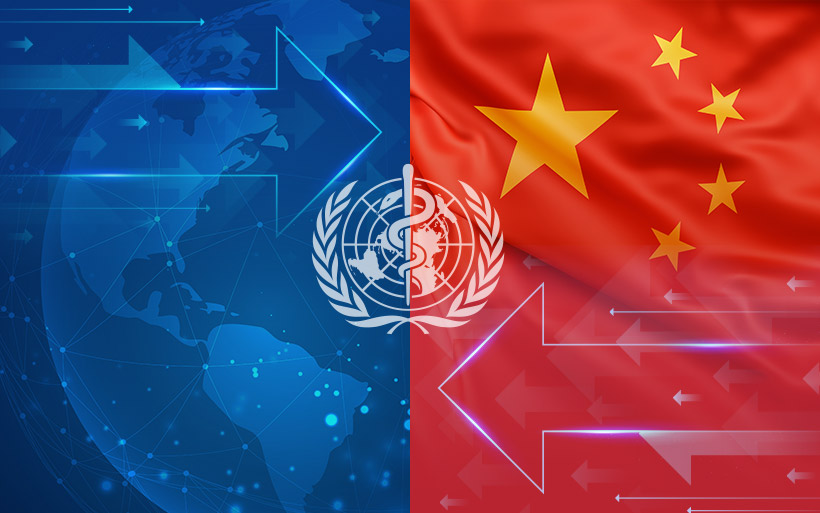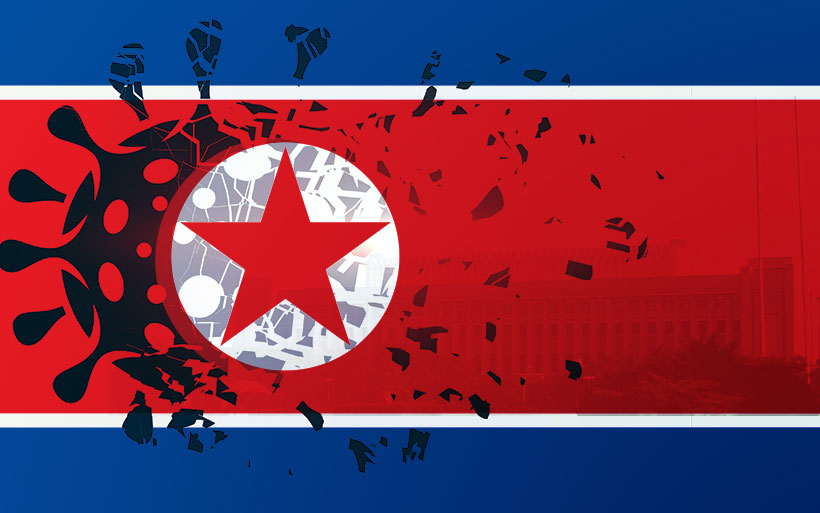The Nexus Between the COVID-19 Pandemic, International Relations, and International Security
“The Nexus Between the COVID-19 Pandemic, International Relations, and International Security” is a new paper co-authored by DKI APCSS professor Dr. Deon Canyon for Security Nexus. Excerpt: The extent to which other related global relationships, national entities, and supranational organizations have performed in the current case will only be clear in retrospect: it will quite possibly emerge that a combination of right- and left-wing polices – cherry-picking elements of travel and visa restrictions, greater health security and diplomacy investments, and other defensive and protective policy aspects from the two highly divergent sets of agendas -- will be the guiding paradigm for [...]















